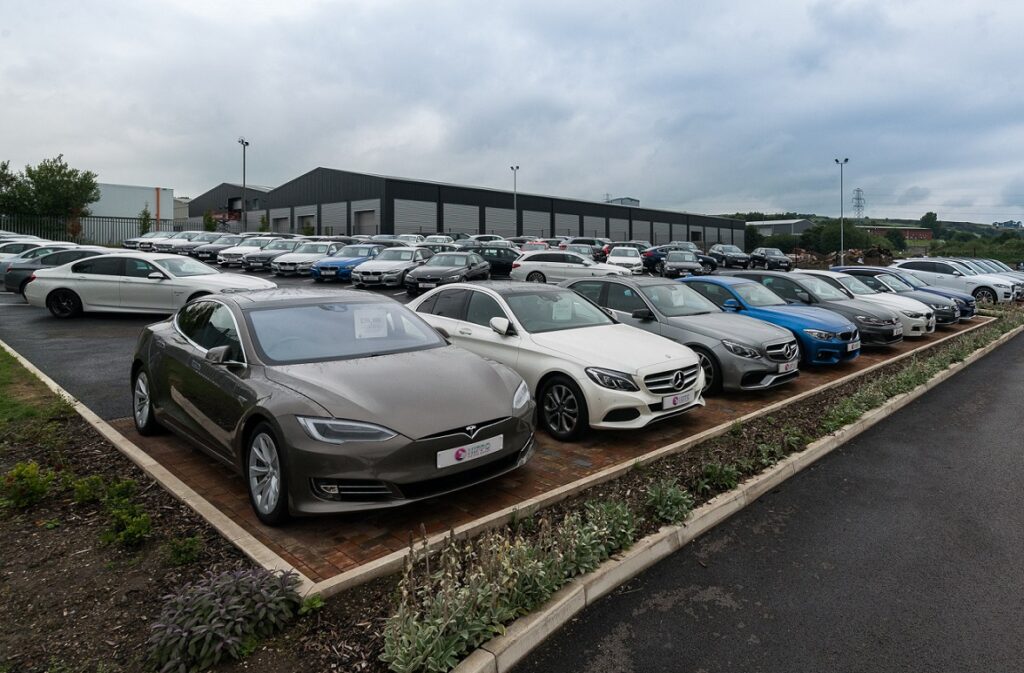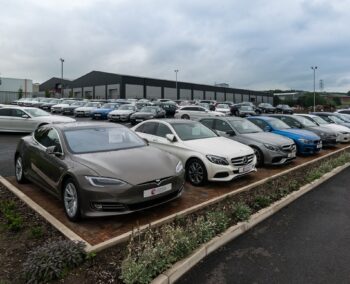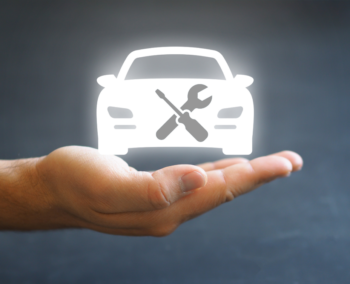
Almost everybody has heard about APR’s but how do they work and what should you look out for when financing a car?
What is an APR?
APR stands for Annual Percentage Rate which are all the costs involved in purchasing the vehicle expressed at an annual rate or, in more simple language – the amount of interest you will pay annually on any money borrowed. Think of it as a measure of the cost of funds you are borrowing.
APR is a handy way of comparing one finance provider against another as it creates an equal playing field for you so that you can cost and compare different finance offers.
By law, any credit consumer agreement must have the APR on it and it must be placed in a prominent position and stand out from the text around it. This is to counter poor sales practices in years gone by where the likes of dodgy car salesmen would profit by getting extra commission if they managed to get a customer onto a high rate of commission.
An APR is different from an interest rate as all fees and charges are included in the APR so you are getting a true reflection of what the money is actually costing you rather than a headline rate.
The Representative APR is something that lenders use to provide you with an upfront estimation of what the average user of their services pays in APR. In essence, this means the lowest rate that 51% of successful applicants will get when accepted on the particular finance deal. In practice that means that while over half will get this rate, the other 49% are likely to get a higher rate when their own specific credit application is reviewed so when you see Representative APR, this is not necessarily the rate that you will get when you apply but it serves as an up-front guide.
What is a good APR?
So what is a good APR? There is no exact answer to this other than ‘the lowest one you can get’. As it is based on your own credit score and which lenders will accept you it’s a very personal and specific thing.
Saying that, there are some parameters that you can use to gauge if you are paying too much in interest though these will also depend on the type of finance mechanism that you choose be it Personal Loans, Personal Contract Plan (PCP), Personal Contract Hire (PCH) or Hire Purchase (HP).
Personal loans
Sometimes you see headline rates of 2.9% APR or 3.0% APR. These are generally for personal loans and if you are fortunate enough to have an excellent credit history then you may qualify for them through your bank or even on the open market. They are unsecured loans in that they are for cash, paid into your account and not secured against an item like a car. Some prefer to take out personal loans and then use this cash to buy cars and it’s a perfectly acceptable way to finance though you will not benefit from being able to hand back the car as with PCP or PCH.
Car finance through a mortgage
Sometimes you can roll the cost of a car into your mortgage by applying for a further (or additional) mortgage against your house and then use this to pay for a car with cash but please beware that these payments are secured against your house and would be set over the remainder of your mortgage term which could be decades down the line so all this time you would be paying interest on the loan, which could turn into a very expensive finance option.
0% APR deals
Franchise car dealers and manufactures often have finance deals on cars though you should be wary in that in some cases these offers are designed to sell cars which they are having difficulty moving or where a new model is due out soon. These deals can often be very attractive with 0% APR offers occasionally available though, in many cases, if you had paid cash for the car you could have negotiated a substantial discount so be careful you are comparing apples with apples.
APR with third party lenders
If you are going for more conventional finance such as a PCP deal, and your credit score is excellent to amazing then you are likely to pay in the vicinity of 6% to 11% APR depending on how you bargain and if you are near-prime (basically meaning you have good credit score but not perfect) then expect to pay from 12% to 19%.
Specialist lenders for those with lower credit scores kick in around the 20% APR mark rising to 50% and even higher if you have a bad or poor credit history and there are also the option of guarantor loans which are normally set around 45-50% but please be wary of these as the guarantor themselves is likely to qualify for a much better rate if they took out the finance themselves in their name.
The difference APR makes
The difference in what people with different credit scores pay is huge. For example, if one was to borrow £10,000 over five years on an APR at 7% you would pay back approximately £11,880 but if you did the same at 50%, expect to pay a whopping £27,360 with a difference of around £15,480 between two people borrowing exactly the same amount of money!
So how do get around this? It pays to make sure that you go with a broker that has a wide range of vehicles and also a large lending panel in order to ensure that you get the best rate possible.
Hippo Motor Finance has thousands of lease deals and hundreds of new, nearly new and used cars in stock. We also have a huge panel of 14 lenders ranging from the best prime lenders through to near-prime and for applicants with a poor credit history, we have access to five specialist sub-prime Lenders meaning that if you are accepted, it’s likely to be by more than one lender and we can help you get the best rate.
Likewise, for those with an excellent credit history, we have a number of proven lenders on the top end which means you are well placed to get the best prime APR rate available.
At Hippo Motor Finance, we use soft search in the first instance and we deliver nationwide plus all of our cars come with a warranty in place so you can be sure you are getting a good deal with Hippo.
Check if you’ll be accepted by one of our 14 lenders with our free, instant soft search tool. Call 01254 956 777 to discuss your car finance requirements with Hippo Motor Finance today.













